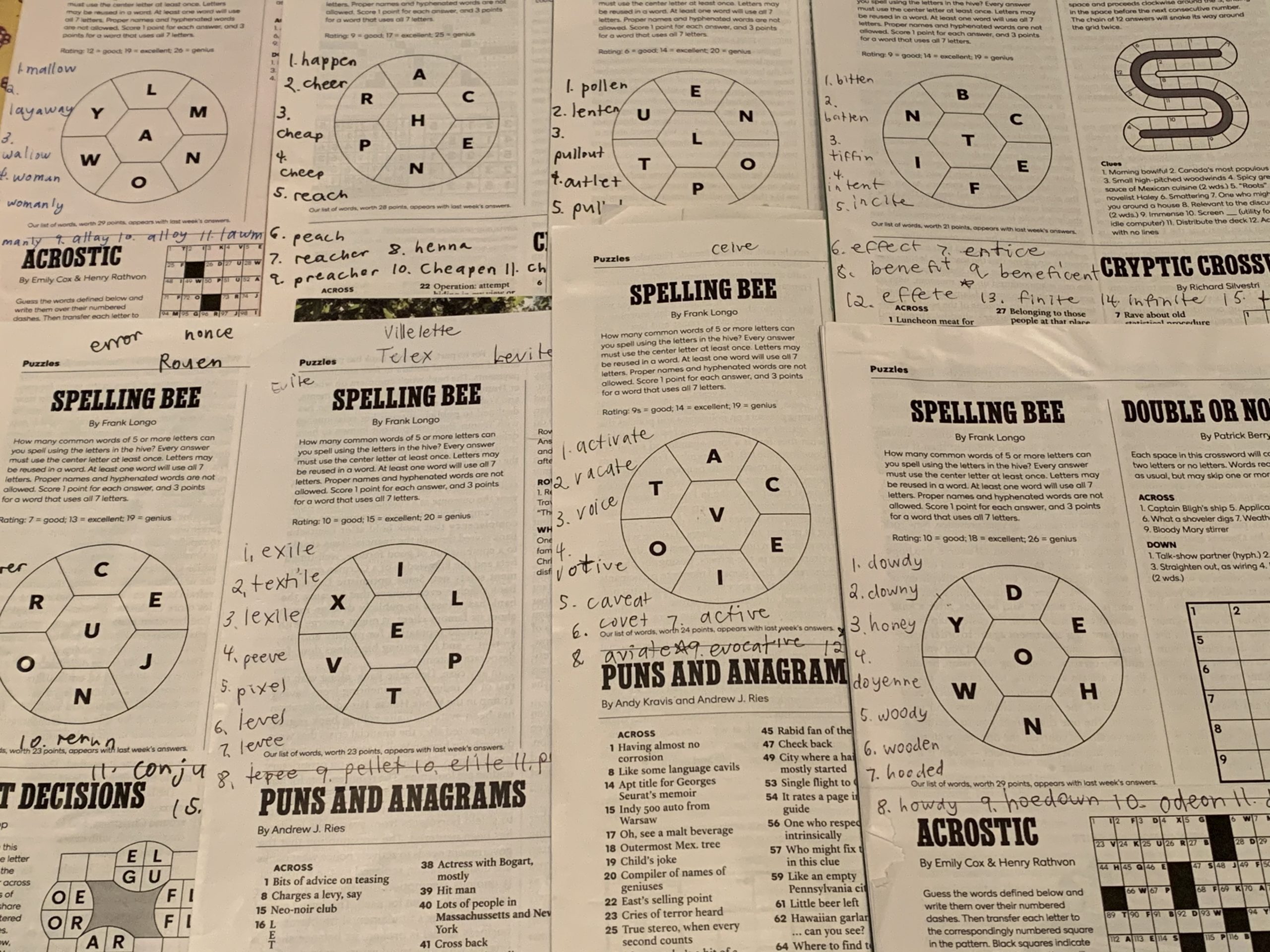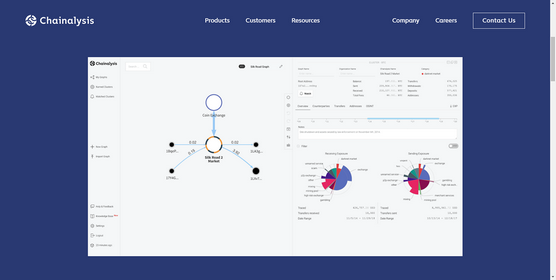FTC Investigates OpenAI's ChatGPT: What It Means For AI

Table of Contents
The FTC's Concerns Regarding ChatGPT and AI Safety
The FTC's investigation into OpenAI's ChatGPT centers around several key concerns regarding AI safety and ethical considerations. These concerns are not unique to ChatGPT, but highlight broader challenges facing the rapidly developing field of large language models (LLMs).
Data Privacy and Security Issues
ChatGPT, like other LLMs, relies on vast datasets for training. This raises significant data privacy and security concerns.
- Potential Violations: The FTC is likely investigating whether OpenAI's data collection and usage practices comply with regulations like the GDPR (General Data Protection Regulation) and the CCPA (California Consumer Privacy Act). Concerns include the potential for unauthorized collection, use, and disclosure of personal information.
- Security Vulnerabilities: Large language models are susceptible to various security vulnerabilities. Malicious actors could potentially exploit these vulnerabilities to gain access to sensitive information or manipulate the model to generate harmful content. This includes potential breaches related to data storage and processing.
- Data Minimization and Purpose Limitation: The investigation may focus on whether OpenAI adheres to principles of data minimization and purpose limitation, collecting only necessary data and using it only for specified purposes.
Algorithmic Bias and Fairness
A significant concern surrounding LLMs like ChatGPT is the potential for algorithmic bias. These models learn from existing data, which may reflect societal biases, leading to discriminatory or unfair outputs.
- Discriminatory Impact: Bias in ChatGPT's responses can perpetuate and amplify existing societal inequalities. For instance, biased data could lead to the model generating prejudiced responses related to gender, race, or other protected characteristics.
- Challenges in Mitigation: Detecting and mitigating bias in AI models is a complex challenge, requiring ongoing monitoring, evaluation, and iterative improvements to the training data and model architecture. This requires significant investment and ongoing efforts to counteract bias.
- Real-World Consequences: Biased outputs from LLMs can have serious real-world consequences, including unfair decisions in loan applications, hiring processes, or even criminal justice systems.
Misinformation and Disinformation
The ability of ChatGPT to generate human-quality text raises concerns about the potential for the creation and spread of misinformation and disinformation.
- Generating False Information: ChatGPT can generate convincing but false information, which can be easily shared and disseminated online, potentially influencing public opinion or causing harm.
- Combating Misinformation: Combating the spread of misinformation generated by AI-powered tools requires a multi-faceted approach, involving fact-checking initiatives, development of AI detection tools, and media literacy education.
- The Role of Transparency: Increased transparency regarding the limitations and potential biases of LLMs is crucial to help users critically evaluate the information they receive.
Potential Implications for OpenAI and the AI Industry
The FTC's investigation into OpenAI's ChatGPT will have far-reaching implications for OpenAI and the broader AI industry.
Regulatory Scrutiny and Future Development
- Impact on OpenAI: The investigation could lead to significant fines, restrictions on OpenAI's operations, or even changes in its business model. It may also affect future funding and investment rounds.
- Increased Regulatory Oversight: The investigation signals a likely increase in regulatory scrutiny of the AI industry, potentially leading to the development of new regulations and frameworks governing the development and deployment of AI systems.
- Implications for Competitors: The outcome of the FTC's investigation will likely influence the development strategies and compliance practices of other AI companies developing similar technologies.
Changes to AI Development Practices
- Ethical Considerations: The investigation will likely accelerate the focus on ethical considerations and responsible AI development within the industry.
- Increased Transparency: There will be a push for greater transparency in AI systems, including clear explanations of how they work and the data used to train them.
- Accountability Mechanisms: The need for robust accountability mechanisms to address potential harms caused by AI systems will become increasingly critical.
Impact on User Trust and Adoption
- Erosion of Trust: Negative publicity surrounding the FTC investigation could erode user trust and confidence in AI technologies.
- Reduced Adoption: This decreased trust could lead to reduced adoption of AI-powered tools and services.
- Building Trust Through Responsibility: Rebuilding trust requires a commitment to responsible AI development, prioritizing user privacy, safety, and ethical considerations.
The Broader Context: AI Regulation and the Future
The FTC's investigation of OpenAI's ChatGPT is part of a larger global trend towards increased regulation of artificial intelligence.
Global Trends in AI Regulation
- International Efforts: Many countries and regions are developing AI regulations and ethical guidelines. Examples include the EU's AI Act and various national-level initiatives.
- Challenges of International Harmonization: Creating effective international AI regulations presents significant challenges, given the diverse technological and cultural contexts.
- Balancing Innovation and Regulation: The challenge is to create a regulatory environment that fosters innovation while mitigating potential risks.
The Role of Ethical Frameworks in AI Development
- Importance of Ethical Frameworks: Ethical frameworks are crucial for guiding AI development and ensuring that AI systems are used responsibly and ethically.
- Key Ethical Principles: Key ethical principles include fairness, transparency, accountability, privacy, and safety.
- Examples of Ethical Guidelines: Various organizations have published ethical guidelines for AI development, providing frameworks for responsible AI practices.
Conclusion: The FTC Investigation and the Path Forward for Responsible AI
The FTC's investigation into OpenAI's ChatGPT marks a significant turning point in the development and regulation of AI. The concerns raised regarding data privacy, algorithmic bias, and the potential for misinformation highlight the urgent need for responsible AI development and deployment. The investigation's outcome will significantly shape the future of AI regulation and the development practices of companies worldwide. Stay informed about the FTC's investigation into ChatGPT and the evolving landscape of AI regulation. Explore resources on responsible AI development and ethical considerations to contribute to building a future where AI benefits all of humanity. The FTC's investigation into ChatGPT is a crucial step towards establishing responsible guidelines and fostering a future where AI development prioritizes ethical considerations above all else.

Featured Posts
-
 Vivienne Westwoods Debut Bridal Fashion Show A Groundbreaking Event
Apr 26, 2025
Vivienne Westwoods Debut Bridal Fashion Show A Groundbreaking Event
Apr 26, 2025 -
 The Gavin Newsom Podcast A Risky Political Strategy
Apr 26, 2025
The Gavin Newsom Podcast A Risky Political Strategy
Apr 26, 2025 -
 Nyt Spelling Bee Answers And Clues February 26th Puzzle 360
Apr 26, 2025
Nyt Spelling Bee Answers And Clues February 26th Puzzle 360
Apr 26, 2025 -
 Blockchain Analytics Leader Chainalysis Adds Ai Capabilities Through Alterya Purchase
Apr 26, 2025
Blockchain Analytics Leader Chainalysis Adds Ai Capabilities Through Alterya Purchase
Apr 26, 2025 -
 How California Became The Worlds Fourth Largest Economy
Apr 26, 2025
How California Became The Worlds Fourth Largest Economy
Apr 26, 2025
